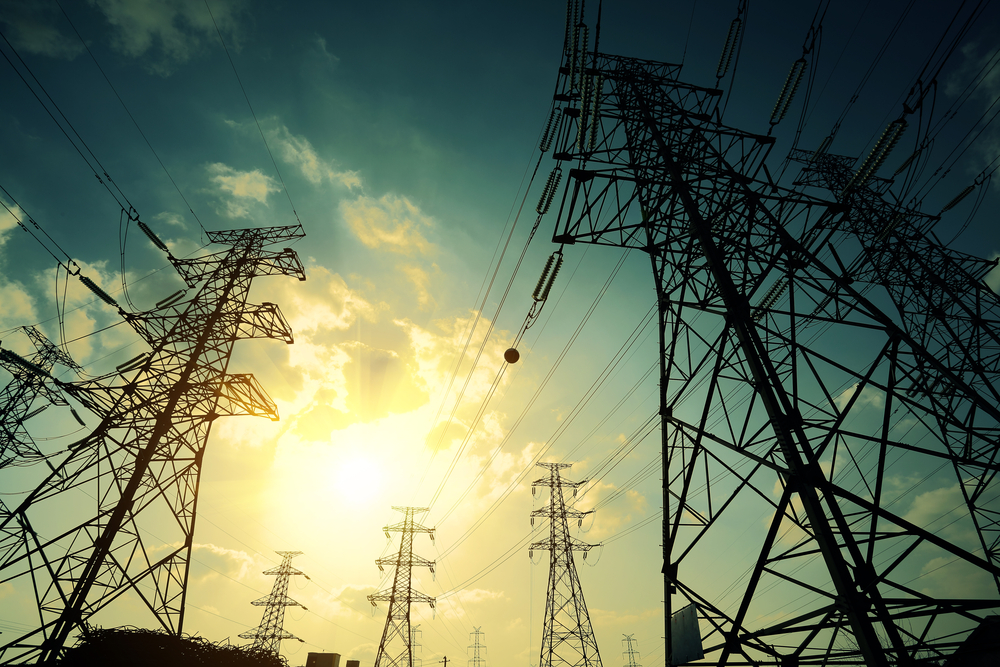Breaking
Petilla: Declaration of emergency powers vital to prevent brownouts in 2015
MANILA — Energy Secretary Jericho Petilla has stressed that his proposal to give President Benigno Aquino III emergency powers was vital to prevent brownouts from occurring in 2015.
”If they’re willing to have brownouts on 2015, because that will be the outcome. I’ve talked to the Philippine Independent Power Producers Association (PIPPA) and have asked them if they are able to give out some capacity for release, even they cannot guarantee (the 400-500 Megawatts) without emergency powers,” Petilla said in Filipino at the Philippine Electricity Market Corporation (PEMC) on Tuesday.
The Department of Energy (DOE) has assessed that there are a lot of “red” alerts in March and May of 2015 during the summer time where electricity demand is at its peak.
However, the DOE Secretary explained that the worst can still be averted through the declaration of emergency powers.
”Because of emergency powers, you can really short-cut a lot of things, because it’s really an emergency,” Petilla stated.
He also expressed willingness to sit down and discuss other alternative options to the power supply predicament.
The declaration of emergency powers is given when there is a consistent shortage of electricity, in which the government is compelled to step in and are given special powers to solve the lack of electricity.
The emergency powers declaration rests upon the decision of the President of the Philippine Republic, to be followed by the House of Representatives and the Senate deciding on the terms and conditions of the contract.
”If the President decides, I’m happy to, but it’s his decision. Because as a secretary of energy that’s what I see, that’s my recommendation. If people are not willing to have brownouts on the summer, then we cannot opt to have this,” he stated.
He added that the investors are unsure of expanding their generation plants, since they are uncertain on where their harnessed power will be allocated.
Moreover, Petilla said the power generators still have an issue with the second Wholesale Electricity Spot Market (WESM) price cap imposed by the Energy Regulatory Commission (ERC).
He said this is one of the areas of difficulties in building more power plants.
”It will take time to actually negotiate that, even they cannot commit given the circumstances etc,” he added.
Petilla stated that the number one condition he would suggest, if the declaration is given, is a two-year short term contract rental on a power plant.
”The government will not build a plant, because it’s a very poor business man. They will not run it, they will simply contract a capacity within their control,” the secretary explained.
Petilla also pointed out the plant will not run unless a yellow alert is foreseen and cannot enter into bilateral contracts. It will not be paid, when it’s not running, but the leasing contract will still be honoured.
The DOE is considering the one peso per kilowatthour (kWh) payment to the generating plant.
Further, the rented power plant will only play in the WESM and will trade accordingly.
The PIPPA is a professional organization of IPPs which provides supply of electricity to homes and businesses. It is composed of 28 companies, coming from the three main islands, which owns the power plants around the country.






















